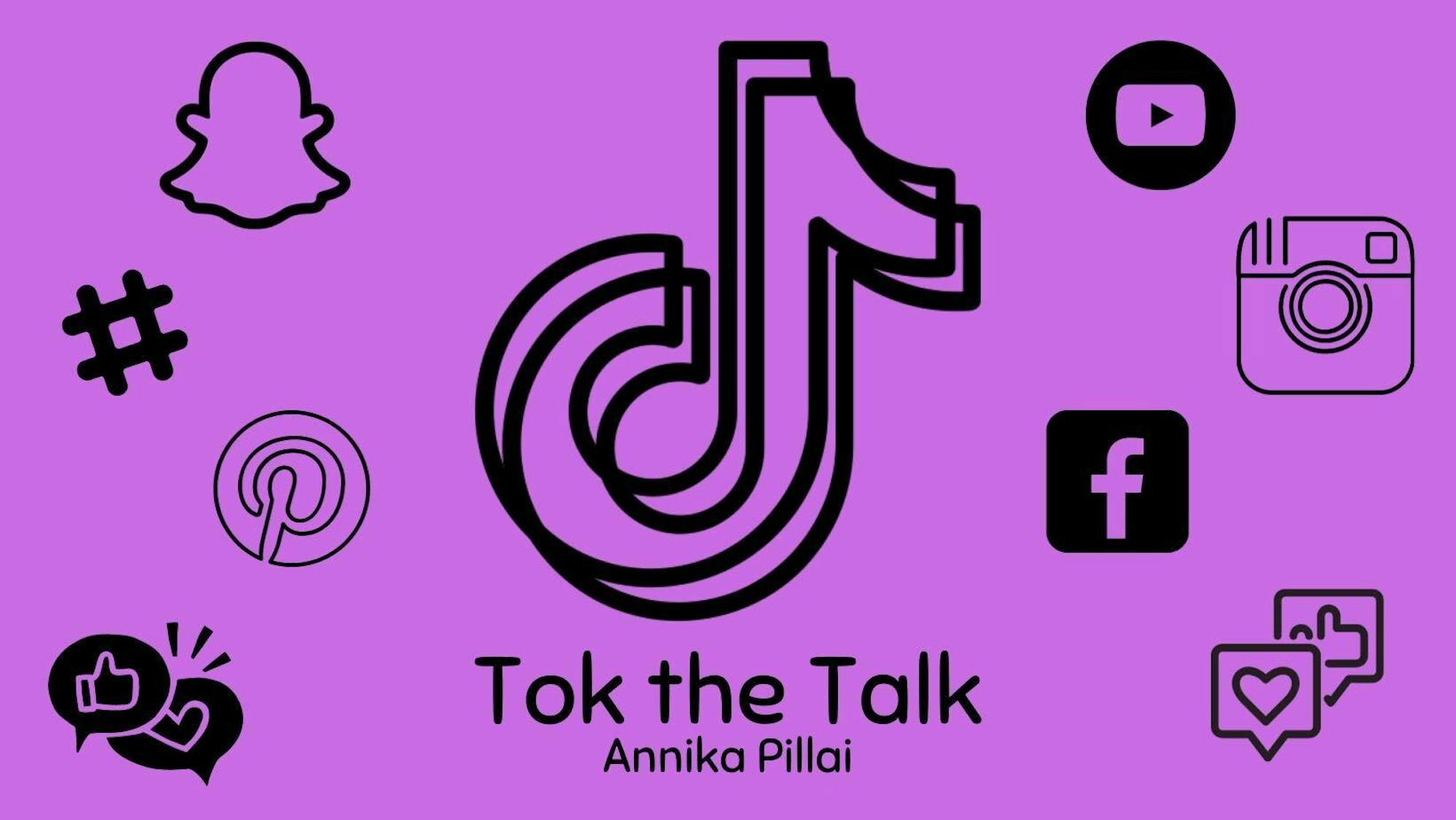Kate Middleton, also known as Princess Catherine of Wales, is dead, and Kensington Palace is trying to cover it up. At least, that’s what several royal conspiracy theorists proposed in the weeks after her public “disappearance.” When a photo released by Kensington Palace of the princess with her three children showed signs of being touched up, the public was sent into a frenzy. Either she was missing, dying or already dead. One X user wrote, “KATE MIDDLETON IS PROBABLY DEAD,” and followed it up with skull face emojis and crying faces. Aptly put by The Atlantic’s Helen Lewis, “The situation quickly turned into a ‘QAnon for wine moms.’”
Though Kensington Palace had made a statement, which said that she was recovering from a “planned abdominal surgery” and likely would not return to her royal duties until after Easter, this was hardly paid heed. #WhereisKateMiddleton started trending on X –– so much so that on Friday, Catherine released a video, divulging that she was battling cancer. In other words, public conspiracies speculating a grand royal cover-up forced her to reveal private health matters.
This simmering pot of unwarranted speculation is nothing new for this family. The British royal family has been dealing with widespread scrutiny for years, struggling to find a balance between their public roles and private lives. Kate seems to take after the late Princess Diana, with media outlets splashing her face across the press the second she steps out. For Diana, invasive media coverage had deadly consequences. British media outlets in particular received immense backlash for the role they played in her death, with scandals surfacing that tabloids illegally hacked the Royals’ phones. Now, the paparazzi are much less invasive –– right? We have learned from our mistakes, right? Unfortunately, this episode of amateur sleuthing and unwarranted theorizing has showcased that we are not as progressive as we might like to believe.
Perhaps the extent of this frenzy can be chalked up to a lack of honesty within the media –– psychologists have suggested that in the absence of reliable information, people will start to form their own, more exciting versions of the truth. With sketchy photos and a vague statement, the public was bound to get curious. It is almost unnatural for a celebrity to be inaccessible, so when a beloved favorite disappears from the face of the public eye, even if it is only for a month, people are quick to assume that something is wrong. “Too much mystery will bring out the detectives in everyone, including all the crazy people online,” said María Eugenia Yagüe, a society columnist for El Mundo.
But this “mystery” had dangerous costs: Catherine was forced into publicly outing her private health concerns. On top of nursing herself back to health, she had to deal with public speculation, as many accused her own family members of harming her. 20 years ago, the Royals only had to worry about paparazzi. Now, they have to worry about social media detectives too.
Is Princess Catherine alive? Yes –– but the royal conspiracy theorists won’t tell you that.






